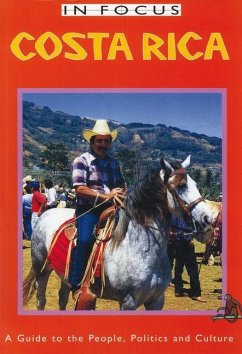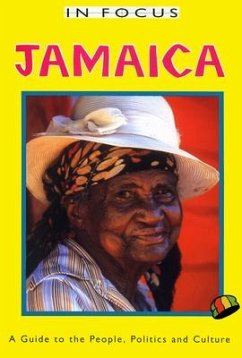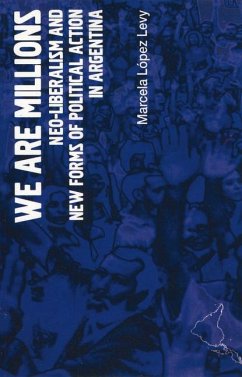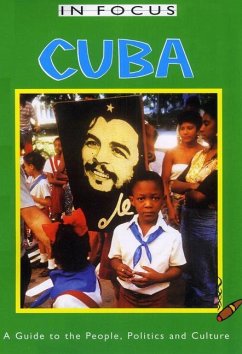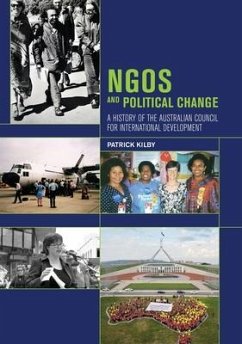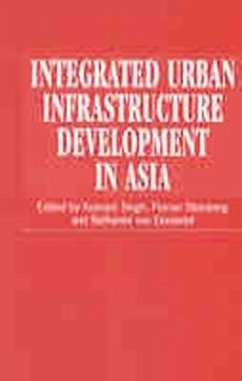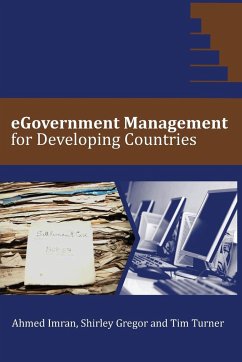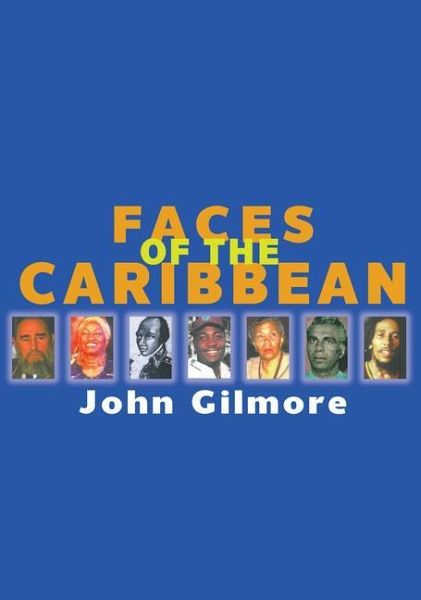
Faces of the Caribbean
Versandkostenfrei!
Versandfertig in über 4 Wochen
32,99 €
inkl. MwSt.

PAYBACK Punkte
16 °P sammeln!
Few areas of the world contain as much diversity - cultural, political, social - as the Caribbean. With a history marked by conquest, slavery and superpower rivalry, the region has been the scene of naval battles, pirate attacks and guerrilla uprisings. Today, in an age of globalization, the Caribbean faces new challenges: threats to its traditional agriculture and over-reliance on tourism. With the all-pervading influence of US cultural values, the islands also run the risk of losing their distinctive and multifaceted cultural identity. This book is an introduction to this region. Looking at ...
Few areas of the world contain as much diversity - cultural, political, social - as the Caribbean. With a history marked by conquest, slavery and superpower rivalry, the region has been the scene of naval battles, pirate attacks and guerrilla uprisings. Today, in an age of globalization, the Caribbean faces new challenges: threats to its traditional agriculture and over-reliance on tourism. With the all-pervading influence of US cultural values, the islands also run the risk of losing their distinctive and multifaceted cultural identity. This book is an introduction to this region. Looking at the legacy of European conquest and inter-colonial competition, it: traces the evaluation of contemporary political systems as diverse as Cuba's and Jamaica's; follows the changing economic fortunes of the islands, from sugar producers to tourist destinations; explores the role of gender, race and ethnic identity in uniquely heterogeneous societies; and analyzes the impact of migration and foreign intervention both past and present.





